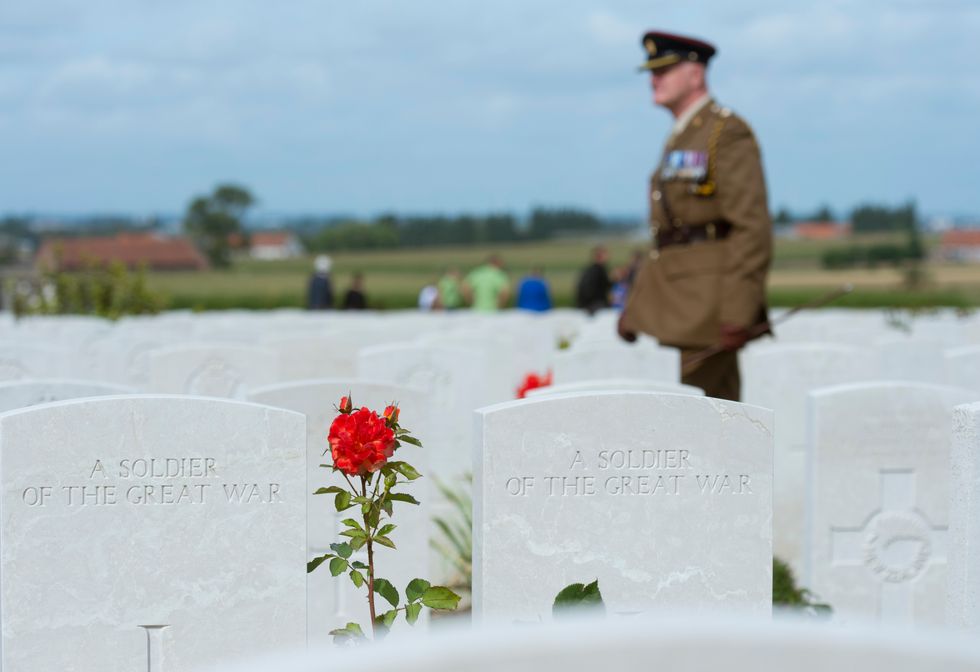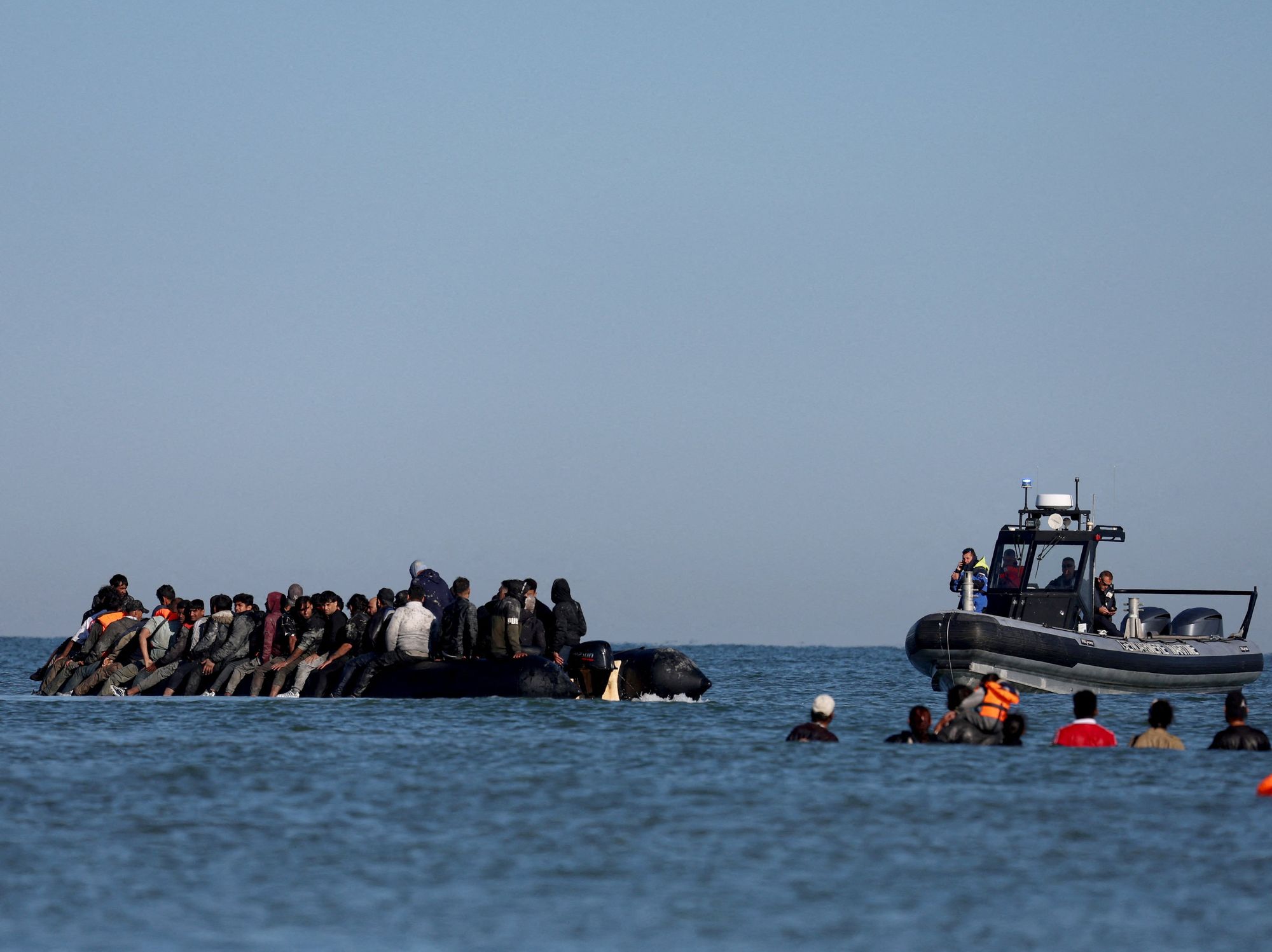Nine British First World War soldiers to be finally laid to rest

Graves at Tyne Cot Commonwealth War Graves Cemetery in Ypres, Belgium. | Geoff Pugh/The Daily Telegraph
Many of their surviving family members are expected to attend the ceremony to pay their respects, along with the Duke of Kent.
Don't Miss
Most Read
Latest
Nine British soldiers who lost their lives in the First World War will finally be laid to rest on Wednesday, more than a century after their deaths.
The fallen servicemen will be given full military honours as they are buried during a service at Tyne Cot Cemetery, in Belgium.
The nine soldiers, seven of whom have been identified, will be buried alongside the graves of thousands of their comrades who fell during heavy fighting around the town of Ypres.
The seven men served together in 11th Battalion, Northumberland Fusiliers, and died within days of each other during the bloody Battle of Passchendaele in October 1917.
Many of their surviving family members are expected to attend the ceremony to pay their respects, along with the Duke of Kent.
Also present will be members of The 1st Battalion of the Royal Regiment of Fusiliers, who will honour the fallen soldiers with a gun salute.
The seven identified servicemen are:
– 2nd Lieutenant Leslie Wallace Ablett, born in Manchester and later lived in Streatham, south London. Died aged 20.
– 2nd Lieutenant Edward Douglas Bruty, from Dulwich, now south London. Died aged 21.
– Sergeant Thomas Feasby, from Eston, North Yorkshire. Died aged 32.
– Lance Corporal Stanley Blakeborough, from Pateley Bridge, North Yorkshire. Died aged 21.
– Private Harry Miller, born in Cockerton, Co Durham and later lived in Burton Leonard, North Yorkshire. Died aged 28.
– Private Joseph Patrickson MM, from Gateshead, Tyne and Wear. Awarded the Military Medal for bravery during the fighting in October 1917. Died aged 24.
– Private Arnold Sanderson MM, from Darlington, Co Durham. Awarded the Military Medal for his bravery during the fighting in October 1917 while working as a runner for the officers. Died aged 26.
The service takes place three years after the remains of eight of the nine servicemen were discovered in De Reutel in Belgium, during civil engineering works, while those of a ninth serviceman were found separately.
Their bodies, like those of so many of their comrades who died on the battlefields of the First World War, had been missing for a century.
Extensive research combined with knowledge gleaned from a small number of personal belongings found with them enabled experts to identify seven of the nine servicemen.
The “War Detectives”, as the Ministry of Defence’s Joint Casualty and Compassionate Centre (JCCC) team are known, were able to track down surviving family members to complete the identification with DNA testing.
The eighth casualty, closely linked with the seven named servicemen, could not be identified by name but will be honoured as an “Unknown Soldier of the Northumberland Fusiliers”.
The final serviceman will be buried as an “Unknown Soldier of the Great War”.
The Ypres Salient was formed in October and November 1914, when a small British Expeditionary Force succeeded in securing the town before the onset of winter, pushing German forces back.
Tyne Cot Cemetery is managed by the Commonwealth War Graves Commission (CWGC) and is the largest cemetery for Commonwealth forces in the world, for any war.
It is located near Ypres and Passchendaele, where intensive fighting on the Western Front ago saw tens of thousands of soldiers lose their lives, many of whom have never been found.










